Division is no path to reconciliation via the Indigenous voice to parliament
An alliance of elites is urging the Yes campaign for an Indigenous voice to parliament upon a wary and suspicious Australian public. Reconciliation cannot be achieved by division.
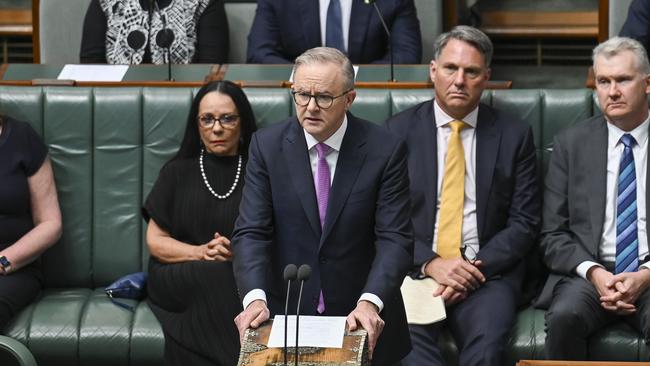
They invoke the injustice, dispossession, intolerable disadvantage and the torment of Indigenous powerlessness in the cause of a new Indigenous institution with vast representative powers to be inserted into the Australian Constitution with transforming consequences for our governance.
In an impassioned and defiant speech this week Anthony Albanese has dismissed any further modifications to the constitutional amendment to arrest the decline in the Yes vote though most polls still have the Yes case in front. The Prime Minister is convinced the tide of history is with him and that Australia will empower Indigenous people in a vote that is about “recognition and listening”.
An architect of the voice, Noel Pearson, has made clear the Indigenous leaders behind the concept will accept no retreat – and Albanese cannot promote a referendum the Indigenous leaders won’t endorse. In effect, he seems to be an enthusiastic political hostage, passionately embracing his mission.
The majority report of the parliamentary committee with its absurdly inadequate six-week review of the proposed referendum found “no basis” for concerns. The dissenting report from Liberal MPs recommended radical surgery on the bill, warning its “uncertainty and risk” – including the risk that government could become “unworkable” – constitute permanent dangers if the referendum is adopted unamended.
Albanese’s calculation and gamble is that the mass endorsement of the Yes cause by elite institutions and bodies backed by financial power in the advertising campaign will deliver the public.
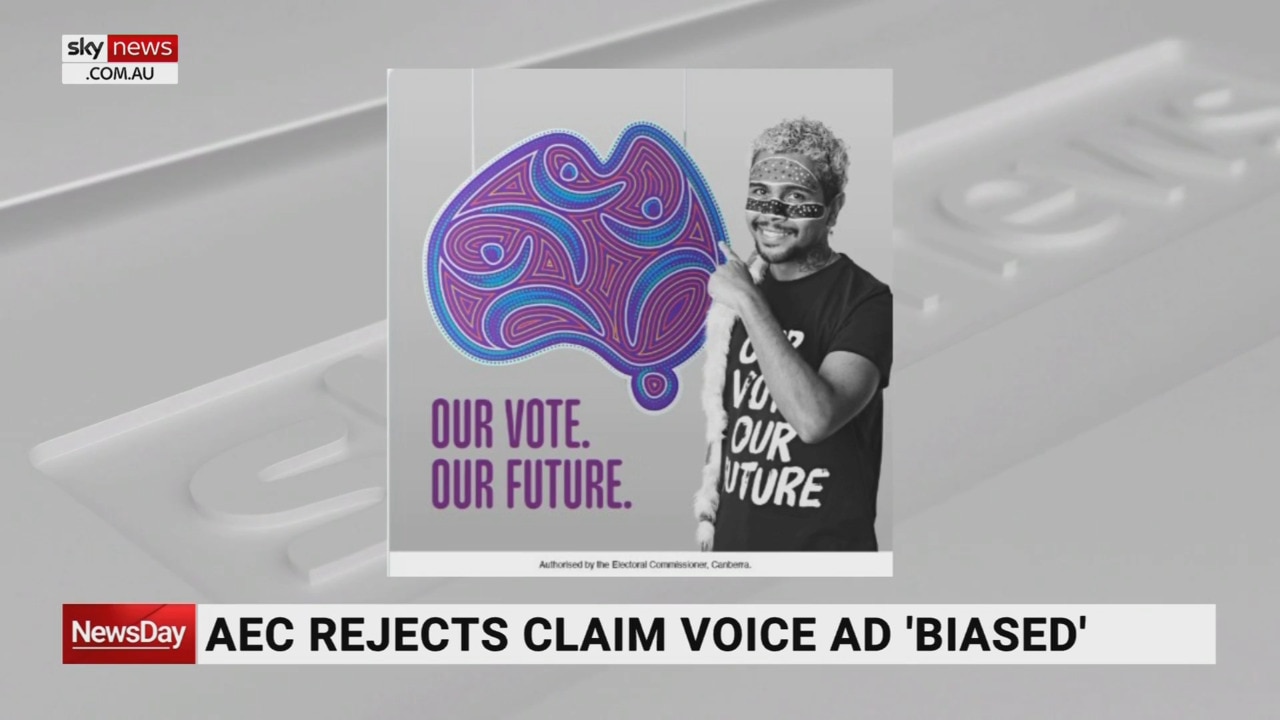
The nation confronts an unparalleled contest between an alliance of elites and a public that is wary and suspicious, increasingly resentful of the pressure to do the “polite” thing. Many Australians see the Yes campaign as well-intentioned deception. They feel they are not being levelled with but patronised, their goodwill exploited. The more the Yes campaign is scrutinised, the more the scale of serial deception is apparent.
This is a government that refused to convene a constitutional convention, refused to authorise a full-scale parliamentary assessment at the outset, made no early effort to achieve bipartisanship, declined to legislate the voice first to test its viability and decided the details of the voice would be released after the referendum, not before.
There have been 44 referendums since Federation. Labor has sponsored 25 for one success. Albanese with the voice has broken every rule in the book about winning referendums in the belief Australia has changed fundamentally and that past norms are obsolete. If the referendum fails it will be Albanese’s responsibility given the astonishing and dogmatic tactics he has pursued.
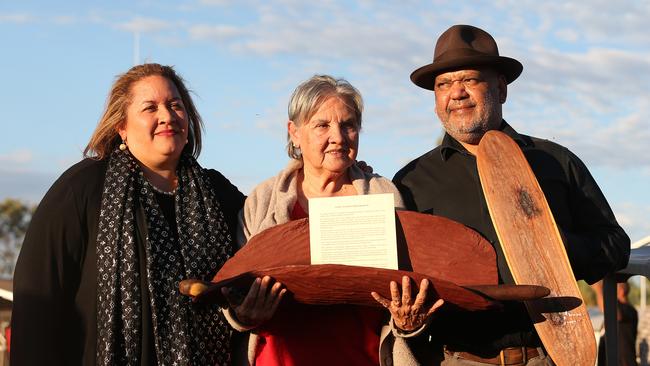
In its 2017 final report the Referendum Council identified the principles to guide the referendum, the first being to contribute to “a more unified and reconciled nation”. Father Frank Brennan, whose calls to modify the amendment have been spurned, said a decisive test was whether it united Australians. We know the answer. The polls, the policy and legal disputes, the formal opposition of the Liberal and National parties show the voice singularly fails that test. This is a deeply divisive proposal.
Reconciliation cannot be achieved by division. It cannot be achieved by Labor demanding people fall into line. It cannot be achieved by elites, assuming their superior morality, lecturing the people about how their country must be changed in perpetuity – that is the guaranteed path to backlash. Yet it is now rife throughout Australia.
The 2018 Dodson-Leeser jointly chaired parliamentary committee reported “no fewer than 18 different constitutional amendment” variations, but Labor is putting a radical model of the voice that divides the nation on principle, morality and equality. In his Thursday speech on the referendum bill Albanese was aggressive and political, with any hope of a shared approach now long gone and the country heading into a destructive struggle over a fundamental change to its Constitution.
At heart, Albanese’s speech was an emotional appeal based on the unacceptable plight and shocking disadvantage of Indigenous people – he argued that after “100 years of expensive well-intentioned failure by governments” it was overdue to grant Indigenous people the proposed voice.
Emotion is justified at this time. But it is a mistake for the country to make such a defining constitutional change – probably the most far-reaching in our history – on emotion. The vibe is designed to deceive and dodge the pivotal question: what is the meaning of the power being created? This is the issue.
The heart of this proposal ties recognition and the voice together. Recognition could be achieved in many ways. But it is the voice that matters in this referendum. Most opponents of the referendum support recognition but they cannot support the voice. The tactics of the Yes campaign so far are to run on recognition and downplay, even ignore, the voice, the essence of the constitutional change.
It is an effort to deceive the public on the fundamental question. Labor and the elites supporting the referendum need to be held to account. A campaign based on significant deception needs to be rejected at the first stage.
The voice is a group rights body, a political body, being enshrined in an entirely new chapter of the Constitution – the first referendum to create a new chapter – but given the power to make representations across the entire range of parliament and government, cabinet, ministers, public servants, not just on laws and policies that mainly relate to Indigenous people but laws and policies of general applications since Indigenous people are part of the overall community.
There has never been any concept like this before. As the recently departed barrister David Jackson, of immense High Court experience, said: the amendment means “we become a nation where, whenever we or our ancestors first came to this country, we are not all equal”.
The notion of an equal citizenship is terminated. This is the consequence of implanting in the Constitution a group rights body that represents one group of Australians for the specific purpose of giving this body unique access to advise, influence and determine public policy across the board.
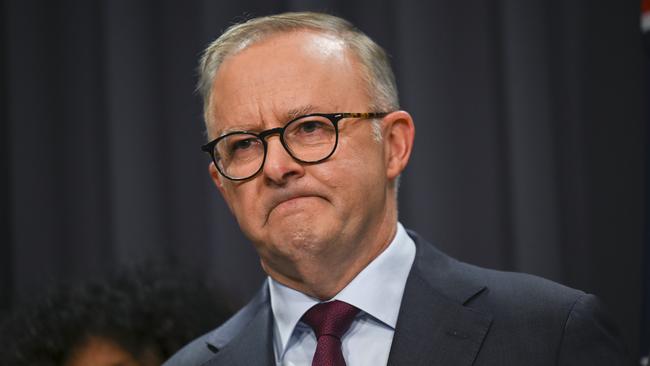
Don’t be fooled by constant assurances, reminiscent of Joh Bjelke-Petersen, that there’s nothing to see here. There’s everything to see. The voice is about power. Only one thing counts: the words of the amendment and the powers being created. This penetrates to the far more serious deception of the Yes case – the pretence, as maintained by the Prime Minister, that this is merely about courtesy, that it’s just about the people accepting the “gracious” invitation by Indigenous Australians to give them a voice.
What does the voice mean in power and constitutional terms? It means a new constitutionally sanctioned entity that functions as an extra stream of advice and influence on virtually any issues it chooses to the parliament and government above and beyond the advice and influence enjoyed by all other Australians through existing constitutional processes – this distinction being based on race.
People employed by the elite institutions that campaign for Yes have every right to ask questions of their bosses. What is your justification for supporting this? How is this not divisive? How is this consistent with equality? What is the moral rationale of your position?
One answer is that Indigenous leaders are asking for this. It is a valid answer. But as Jackson said in his brief submission to the joint committee: “The issue is what the people of Australia want.” The Constitution does not belong to any group. It belongs to all Australians regardless of race. This is not just what Indigenous people want; it is what all Australians want.
Pivotal to this issue is the determination of the Yes camp that the voice exists in perpetuity. This is not a ministerial decision that can be made and unmade at the stroke of a pen, not about a law that can be modified or repealed, not about voting for Liberal or Labor for a parliamentary term. It’s entirely different – it’s forever. Cross this constitutional threshold and there’s no return.
In his submission, Jackson asked: “Why should there be, in perpetuity, a voice entrenched constitutionally?” If it’s to rectify disadvantage it should be temporary since we assume the gap will be eventually closed. The implication is apparent: the First Nations people have a sovereign right to a voice and the voice is the first stage leading to a treaty and truth-telling that will raise questions about sovereignty.
The real intent is revealed in having a new chapter of the Constitution – chapter 1X – created for the voice. It sits with the institutions of nationhood: parliament (chapter one), executive (chapter two), judiciary (chapter three). The voice is enshrined as a core institution of state and that must influence High Court interpretation. The expectation is obvious: the voice is expected to change the way Australia is governed, with former chief justice, Robert French seeing it as a “significant institution in our representative democracy”.
The Yes advocates dismiss the idea of the voice as institutional separation based on race. Highly respected legal figures French and Geoffrey Lindell in their joint submission say “the voice is not about race” but “about our First Peoples as the Indigenous people of Australia”. It is a critical distinction but unpersuasive for most people. Surely the voice is both: it is about the First Peoples and it is about race. How can it not be?
Australian Human Rights Commissioner Lorraine Finlay said of the proposal: “It inserts race into the Australian Constitution in a way that undermines the foundational human rights principles of equality and non-discrimination.”
In terms of institutional operations the most alarming aspect of the voice is its virtually unlimited scope. The voice can make representations on welfare, law and order, human rights, incarceration rates, health, education, resources and mining, climate change, employment, the National Disability Insurance Scheme, foreign policy, sexual abuse, defence facilities and finance, to name just some. This is not to say the voice won’t do many good things and make many good recommendations. Of course it will. But that’s not the issue.
The issue – and it needs to be repeated – is the power being created and how that power changes our system of government.
“The scope of the voice is its strength,” said one of its Indigenous architects, Megan Davis, in a joint article with Gabrielle Appleby published in this paper. They were explicit. The voice “is not limited to matters specifically or directly related to Aboriginal and Torres Strait Islander peoples”. The wide scope for the voice is designed to maximise its power.
The Indigenous leaders are honest. The message from Davis is that parliament will not be able to “shut the voice up”. The parliament can only legislate for the voice consistent with the constitutional amendment that empowers the voice. The parliament is not in full control. It cannot, as Peter Dutton said, “out-legislate the Constitution” – it cannot limit or wind back the powers of the voice. There is no “buyer’s remorse” option once the voice is approved.
Davis and Appleby said the voice would speak to “all parts of government” statutory offices and agencies. This could include the Great Barrier Reef Marine Park Authority, Centrelink, the Ombudsman and the Reserve Bank. The voice can be proactive. It won’t wait to be asked. How long, do you imagine, before it advises on a change to Australia Day? How long before it delivers advice on what should be taught in schools?
People shouldn’t be intimidated by elites saying this is running a scare campaign. It isn’t. Such warnings are justified by the power being created. The Yes campaign has no basis to argue that powers being created won’t be used and, if it tries, that’s another deception.
The dilemma of the Yes campaign is obvious. It needs to disguise and deny the power it seeks to enshrine in the voice. This was apparent from Albanese’s speech when he mocked the No campaign for its “wild claims” about “what the voice will concern itself with”.
Albanese’s problem is that the public might grasp that this is a group rights body with its core functions constitutionally untouchable but able to give advice across the entire ambit of government. If the public grasps that core point it will vote No.
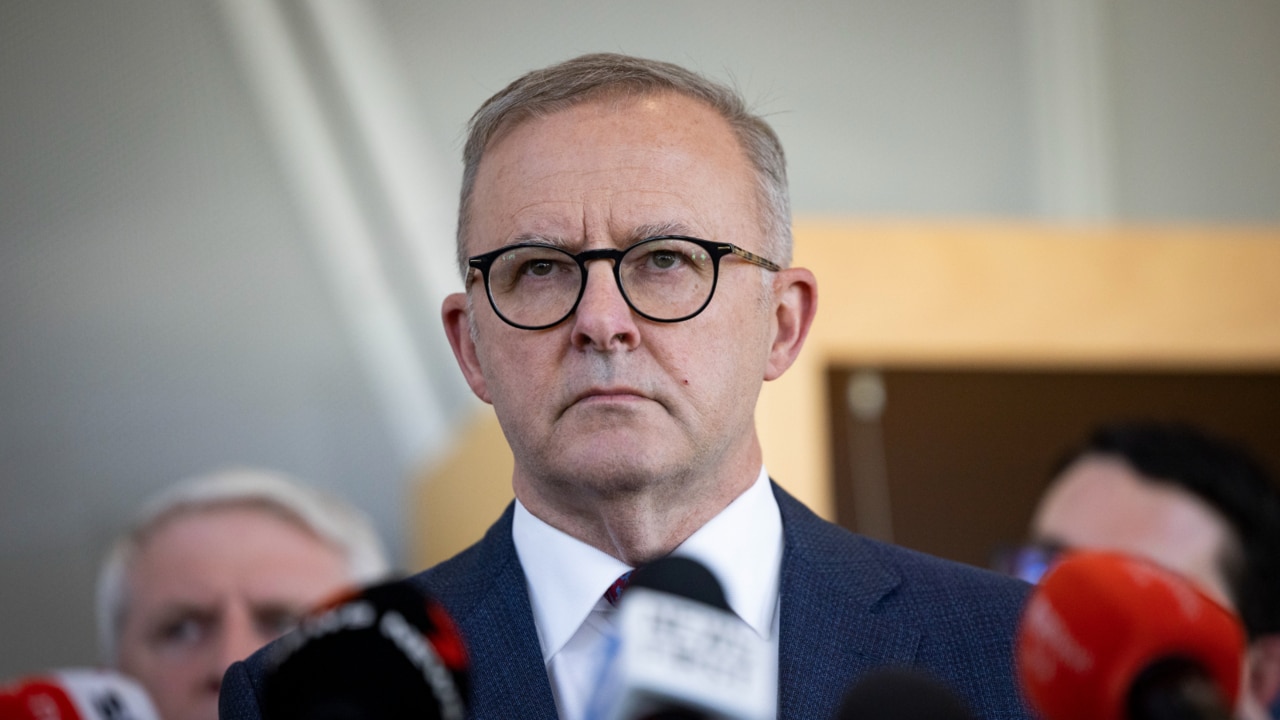
The French-Lindell submission is aware of this sensitivity when it says the voice can cover a broad range of matters but its limits are “likely to be defined by common sense and political realities”. The point is, they don’t know. The voice will have its own views about common sense and political realities. Is Labor fool enough to think Indigenous politicians won’t press to the limit the powers granted by popular vote?
Sadly, much of the discussion about the voice is conducted in a fog of utopian unreality generated by a media that prefers not to ventilate a robust, open-ended discussion. Assessing the scope for the voice, former High Court judge Ian Callinan went to the drafting: “It should be carefully noted that the proposed amendment is unqualified; it does not say core matters, or matters wholly, predominately, substantially, partially, exclusively, essentially, basically, largely, entirely, currently, broadly, especially, or even beneficially related to Aboriginal and Torres Strait Islander People. Everything is at large.”
Dutton has been attacked for opposing the voice. The reality is that the Coalition parties have never had ownership in the voice project. It has been opposed by Tony Abbott, John Howard, Malcolm Turnbull (as prime minister), Scott Morrison and now Dutton.
The Opposition Leader’s objections this week were in terms of principle and workability, and to a large extent they remain unanswered. Dutton rejects Albanese’s claims the voice is a modest proposal and calls it “the most radical and consequential change” to our democracy in history. This might be debatable but there can be no doubt this is not a modest proposal.
The process has been flawed, the model is surrounded by legal disputes and there are legitimate concerns it will vastly complicate our governance and undermine classical liberal principles of citizenship equality that are fundamental to our society.
Once created, the voice would be a functioning political body vested with a moral mandate. It will become enmeshed with policy both in early stages and final stages. Any notion it will agree on everything is fatuous. How representative it becomes of Indigenous views is unknown.
As a political institution it will be involved in negotiations, dealing-making and public disputes. It will be a focus of media attention and obviously exploit the media for its ends. As Albanese once conceded, when the voice takes a strong stand it will be difficult for government to resist it. Just imagine the coverage the ABC would provide when the voice challenges the government or parliament? The voice will be a new arm in our governance system.
The upshot is that Australians will have different democratic rights based on race and ancestry. Our governance will increasingly incorporate separatist debates based on Indigenous and racial views put across parliamentary and executive decision making. Whether we possess the restraint and wisdom to manage this defies prediction.
There is no question that Indigenous recognition and consultation are imperatives for Australia. If the referendum is defeated, that will cause not insignificant harm in the country – and alternative responses will be essential. But defeat of the voice would be a genuine expression of Australian democracy, based on extensive, documented and legitimate concerns and it would represent a judgment by the people not to be beguiled by elites in their quest, conducted by deception, to change the country and alter fundamental principles of our Constitution and society.


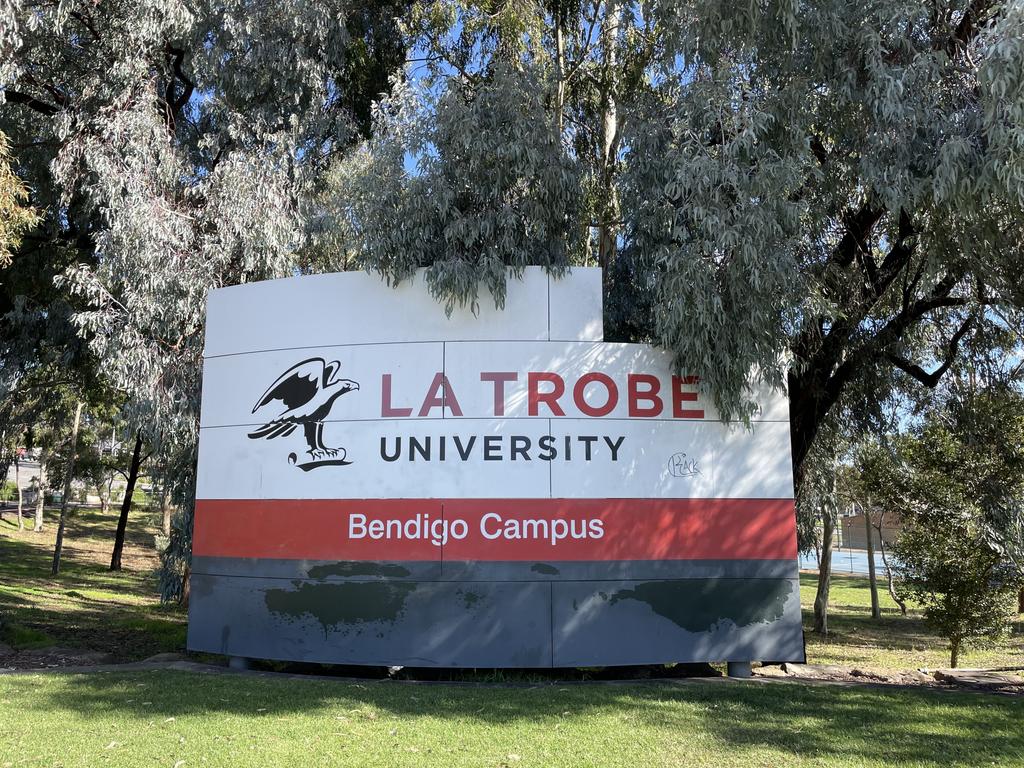
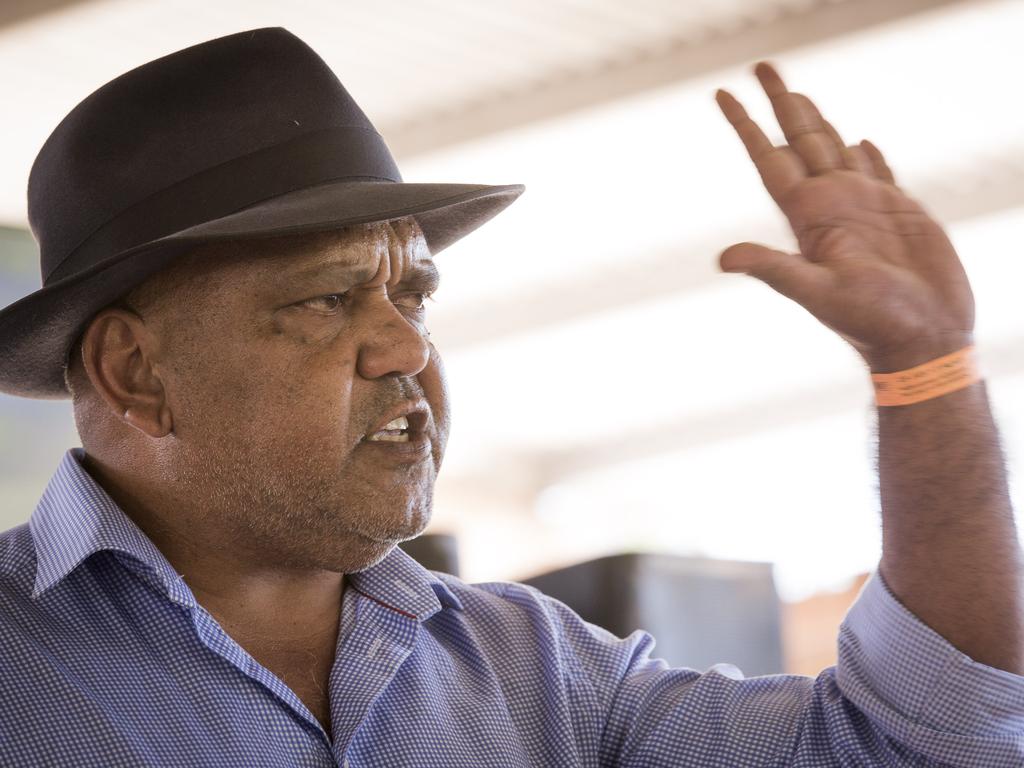
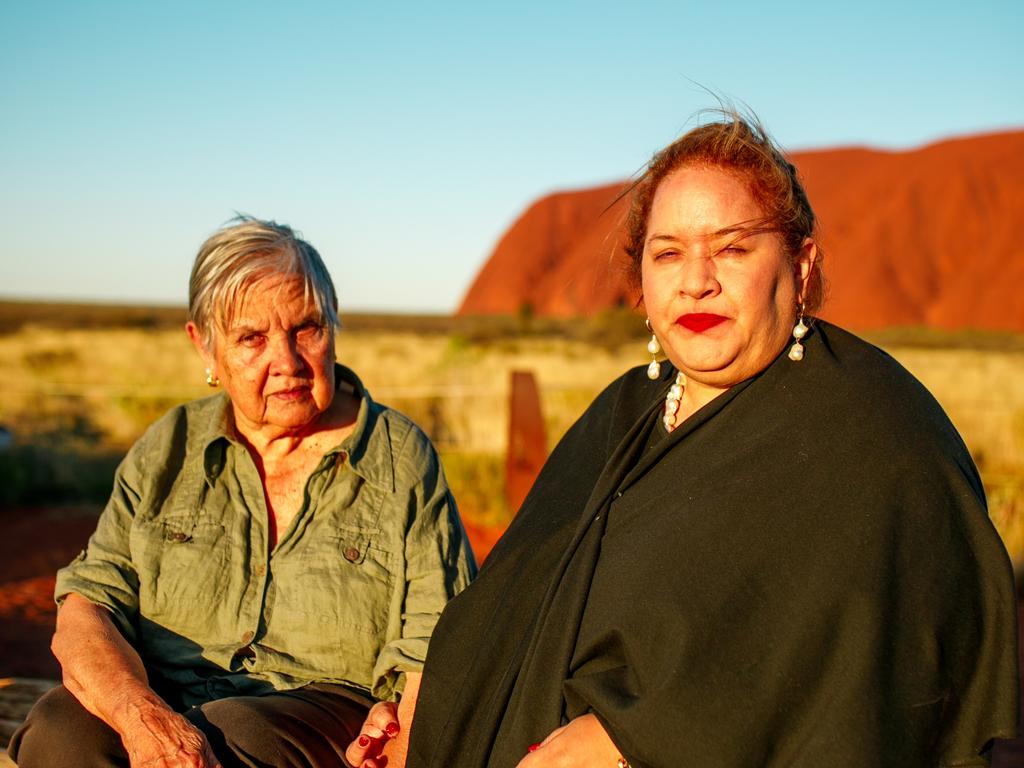
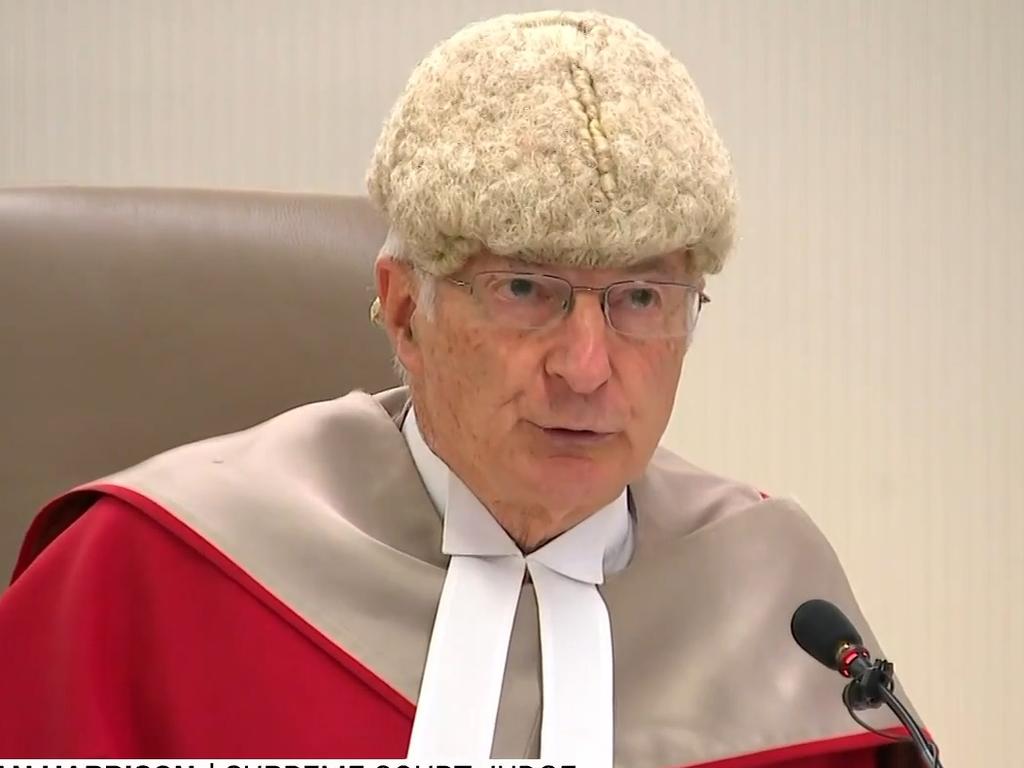
In post-war Australia there has rarely, if ever, been a political alignment like this. Our elites have come together – political, corporate, financial, university, media, sporting, trade union and religious – to persuade and intimidate the Australian people to put an Indigenous voice to parliament into the Constitution.